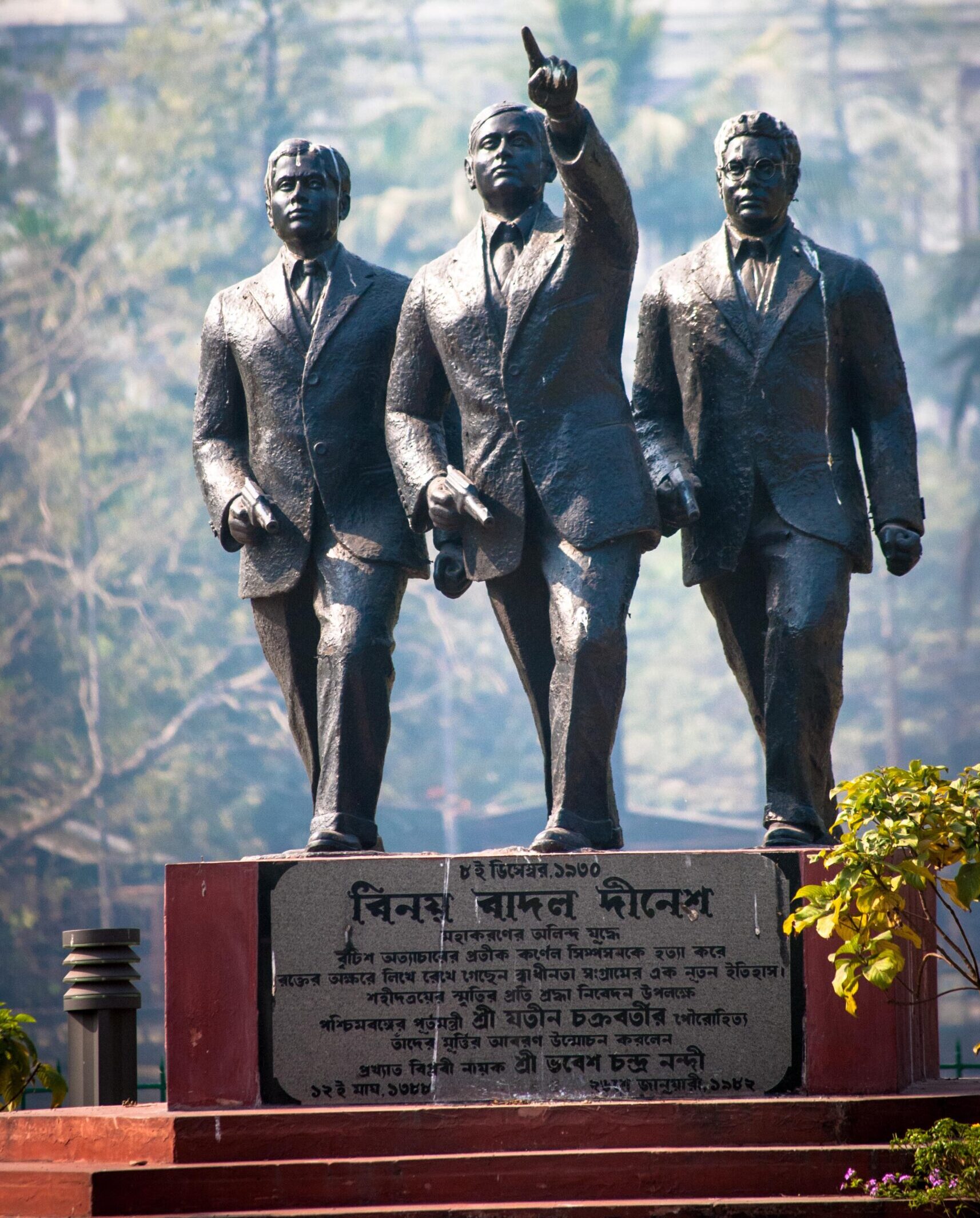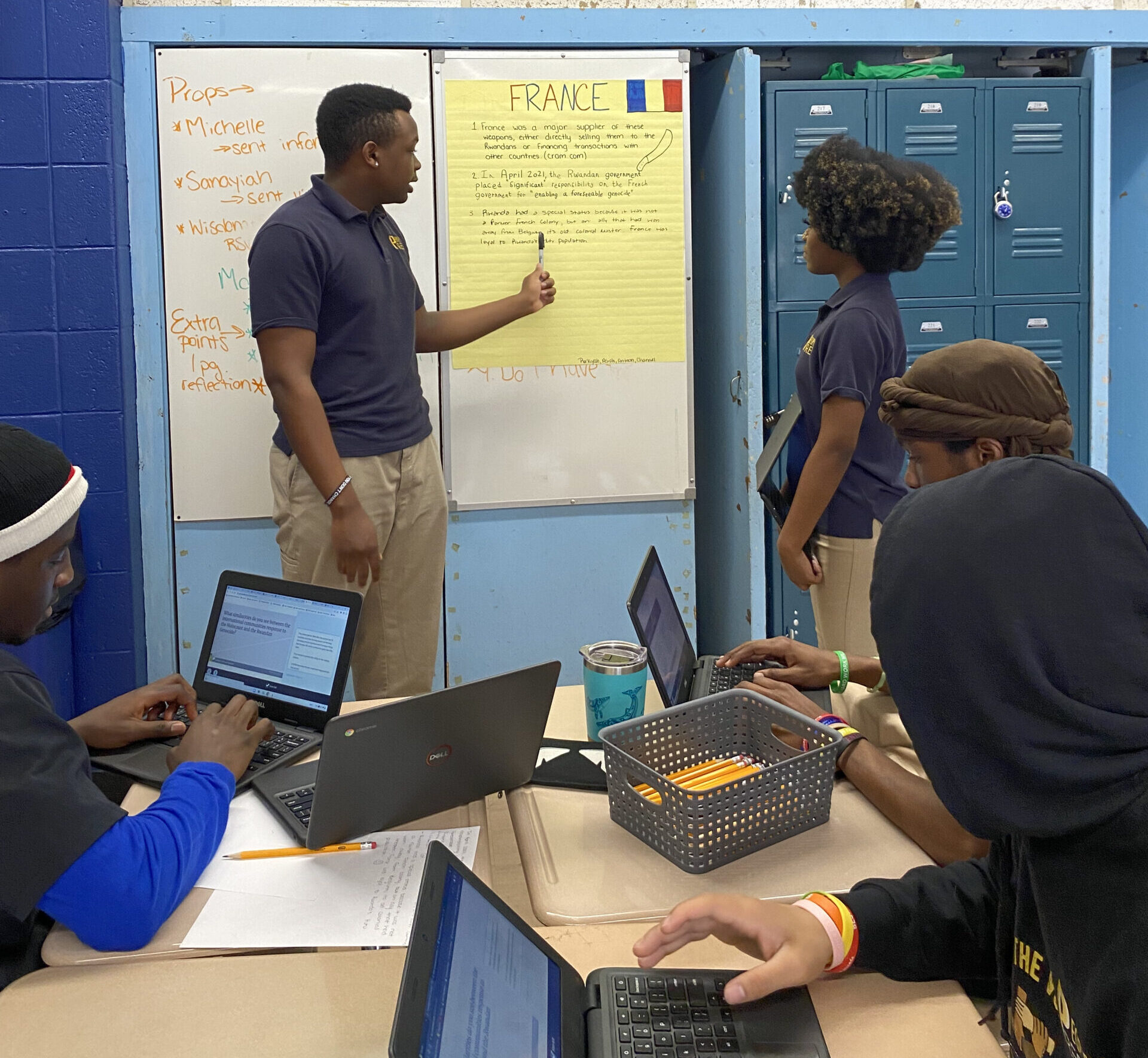It’s the first day of classes at your new job. You’ve been in town for a couple of weeks, and you’re frantically trying to get your courses in order; you may even be trying—even more frantically—to get your dissertation finished. There’s a knock on your office door: it’s a student, who wants to know if you will be her/his senior thesis adviser. Several thoughts might flit through your head: Who is this kid? Do I have time for this? Is it part of my job? Why is (s)he coming to me and not a more established or familiar professor? How do I advise someone else when I still need my own adviser to tell me what to do?
Thesis advising is an activity that falls into the grey area between teaching and service. It can certainly be a rewarding experience, and you can build close relationships with students whose theses you advise. Being a good thesis advisor is also a great deal of work, which is often not clearly articulated, credited, or compensated, even when it is required. New faculty should ask what the expectations are at their institution for thesis advising. Be aware, however, that thesis advising is a task that is rarely spread evenly among members of a department. Teachers of American or British history at U.S. institutions will likely be in greater demand than their colleagues with non-Western areas of expertise due to the greater accessibility of relevant sources, so you probably want to ask several different colleagues about their experiences. Be sure to think about the situation from the student’s perspective, too: if you say no, will they be able to find another adviser?
As you decide whether to work with a student or not, having a writing sample from the student is helpful, as is talking with your colleagues who have had the student in class. Even if you don’t really have a choice about working with the student, having this information can be very helpful in giving you a rough sense of how much time the advising process is going to take, so you can plan your schedule accordingly.
Once you commit to working with a student, you need to make sure you understand the process and expectations for theses at your institution. The student will expect you to know the rules and the deadlines; you can’t rely on the student to provide that information. Be sure to find out how long the finished product should be, how original the research must be, and when any paperwork is due. Also, find out whether the student receives a grade based exclusively on the final product, or whether the research and drafting process is being assessed, too. How much authority for determining the grade rests with you as the advisor, and how much rests with the other committee members?
When it comes to advising a thesis, your recent experience with your dissertation is both a blessing and a curse. A common new-faculty problem is to expect too much from an advisee. Remember, the project is on a smaller scale than a PhD dissertation: it has to be done from start to finish in a single academic year, and the student will be taking other courses, too. Unlike the PhD writing process, which can stretch on for years, thesis students have a very real deadline that must be met if they’re going to graduate. New faculty can also run into problems when working with students who have been trained by someone else; as much as you might want to convert them to a methodology or a topic you prefer, it’s not fair to make students re-do their undergraduate history education while writing their theses. Until you can build up your own base of students, you need to be flexible with your predecessor’s students. One good strategy is to have your advisees work from a defined primary source base, rather than pursuing a question- or topic-based project. With a source-based project, you know they have access to the materials they need and that their projects will be sufficiently narrow in scope; you can also help shape their interpretation.
Your PhD work can be an asset, too. You have recent experience working with an adviser of your own, so consider what your adviser did that you want to emulate—or not. You also have experience researching and writing a lengthy argument-driven historical work, so you are in a position to offer practical advice. How did you take notes? Did you use special software or other technology that might likewise aid your students? Did you complete your research before you began to write, or did you write as you went along? How many drafts did you write? When did you put in your citations? If you were starting over, what would you do differently? Even if you feel outside of your intellectual comfort zone with an advisee’s project, focusing on these practical elements will still provide a great deal of help to the student, and reflecting on these issues may also help you to refine your approach to a new project of your own.
Advising a thesis can be great, but it can also be challenging and frustrating. If you are dissatisfied with student preparation and performance, think about whether their broader coursework has adequately prepared them for researching and writing a thesis. What can you work into your own classroom teaching that would help future students be better prepared? With your current advisee, pick your battles. Focus on the two or three most important things that need improvement. As the other committee members read the thesis in preparation for the defense, let them know that focus so they can evaluate the work accordingly.
Success at thesis advising when you’re a new faculty member comes in large part from avoiding surprises. Find out early on if advising is part of your job. Learn about your institution’s expectations for student work so you can guide your students accordingly. Ask your advisees basic questions about their methods at the start of their projects, rather than at the end, when it’s too late to adjust. Leave some extra time in your schedule for dealing with unexpected tasks. With the practicalities taken care of, you and your advisees can concentrate on the very rewarding one-on-one learning and intellectual engagement that theses are intended to provide.
Nicole Phelps is an assistant professor of history at the University of Vermont, where she teaches courses in American history, international relations, and historical methods. She received her PhD from the University of Minnesota in 2008, and is a member of the Teaching Committee of the Society for Historians of American Foreign Relations and the council of the Society for Historians of the Gilded Age and Progressive Era.


